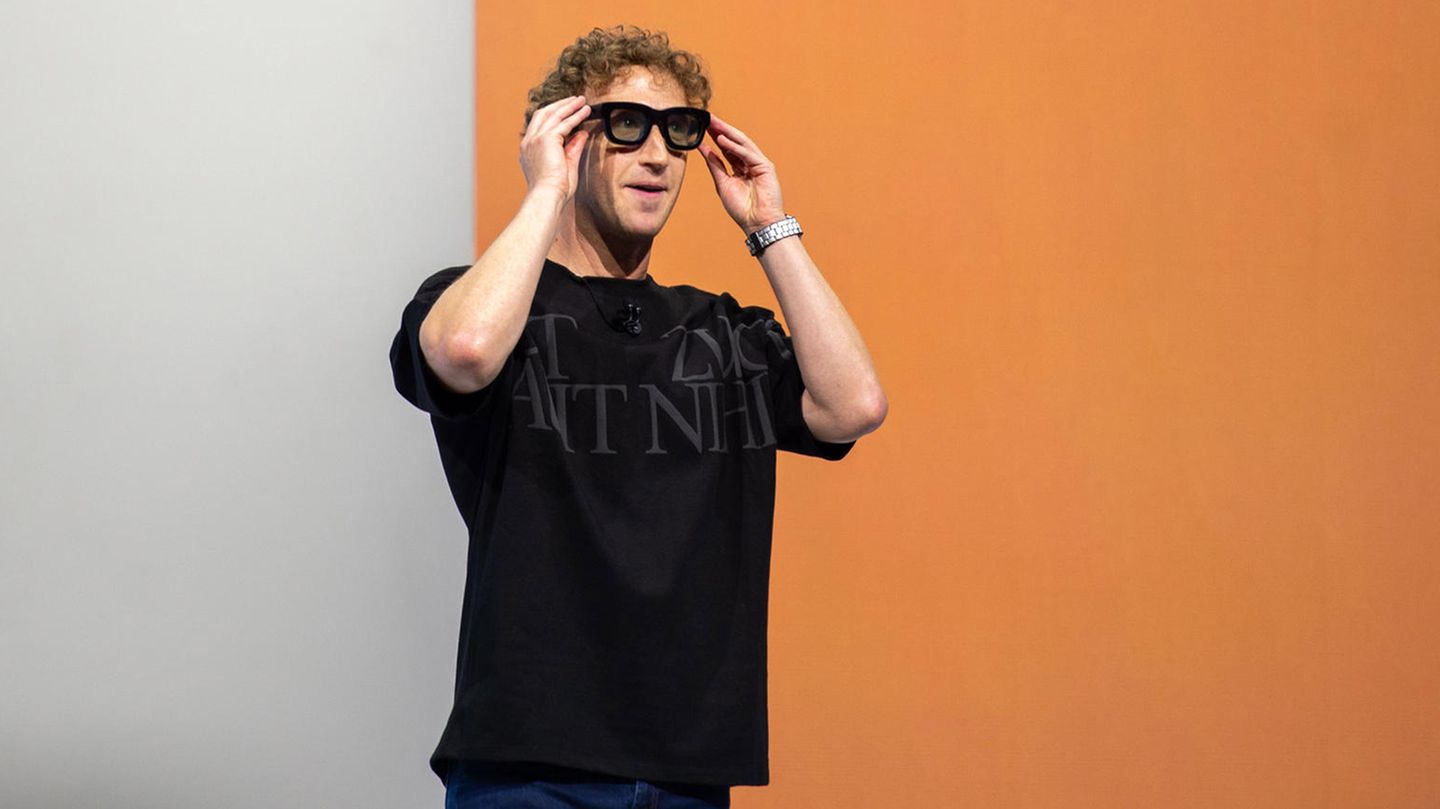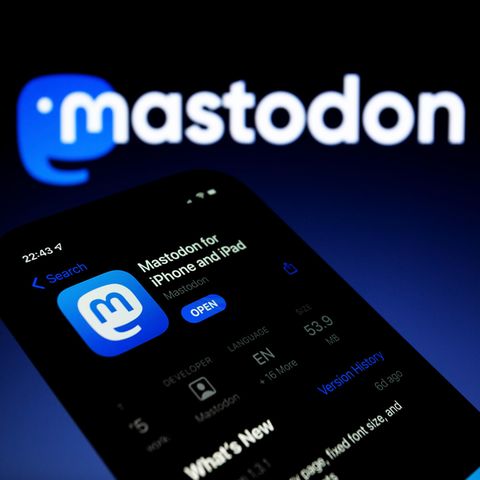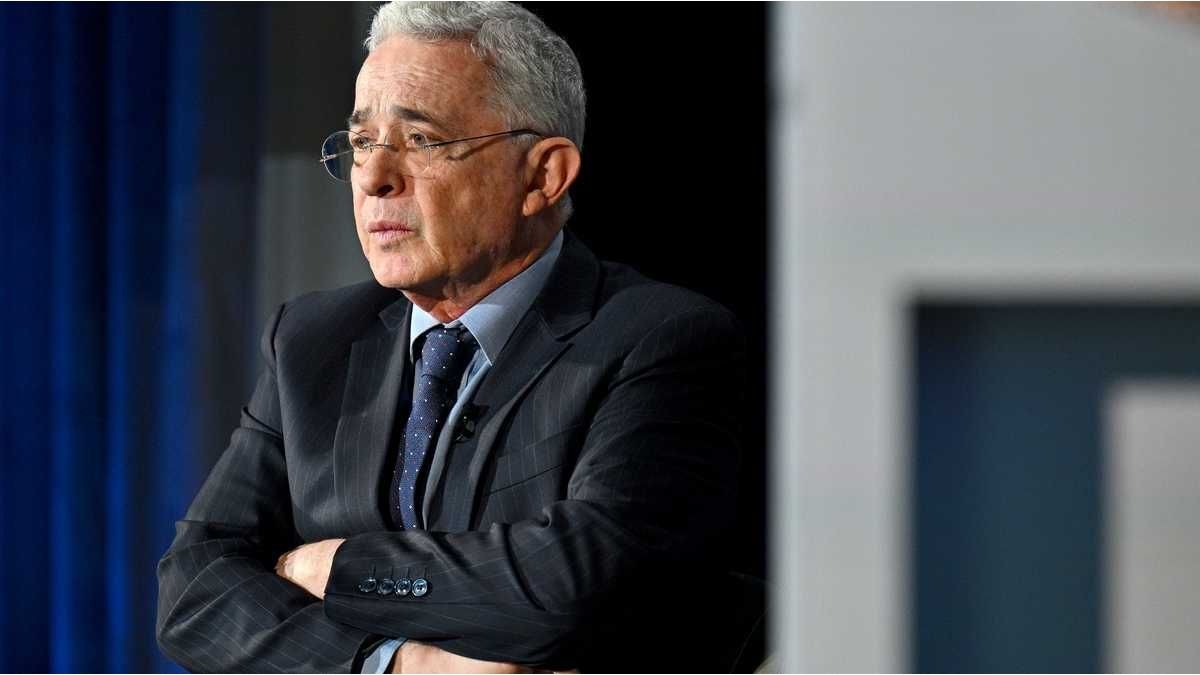Facebook Group
Less facts, more Trump: Mark Zuckerberg’s about-face in five sentences
Copy the current link
Hate speech has no place on Facebook, said Mark Zuckerberg in 2016. Now he is abandoning this principle. We analyze the most important sentences of his 180-degree turnaround.
Meta boss Mark Zuckerberg announced far-reaching changes to Facebook, Instagram and Threads on Tuesday. They concern the moderation of hate speech and disinformation on the platforms – and are a significant concession to the line of the newly elected US President Donald Trump.
In addition, Zuckerberg has also declared war on the governments in Europe. Here are the five most important sentences from his video – and what they mean.
1. Accusation of censorship
Zuckerberg begins his video message with a frontal attack on the outgoing US government under Democrat Joe Biden. “Governments and mainstream media have pressured us to censor more and more”he claims.
The Facebook parent Meta gave in to this “with honest intentions” in order to prevent disinformation. But that was a mistake.
The statement, in which Zuckerberg also uses right-wing populist fighting terms, marks a turning point: the Facebook founder is taking over the narrative of the Republican Donald Trump and his confidant, X boss Elon Musk, for the first time. They have claimed in the past that Facebook’s fact checks are biased – supposedly to the detriment of conservatives.
2. Failure to fact check
So far, Zuckerberg has advocated moderation with a sense of proportion. After the 2016 US election, the company set up a fact-checking unit to take action against inflammatory and violent content as well as disinformation. Hate speech has no place on Facebook, he explained during an appearance in Berlin in 2016.
He now declares this strategy to have failed. “We’ve reached a point where there are just too many errors and too much censorship,” said Zuckerberg in the statement on Tuesday. The fact checks are not accurate enough and cause too much collateral damage. Fact-checkers were “too politically biased” and had “destroyed more trust than created, especially in the US.” Therefore, it is time to end the cooperation with them.
3. X as a role model
In the future, Meta should instead be based on the model of Elon Musk’s short message service X, formerly Twitter. Zuckerberg, who has his own competing product on the market, Threads, even explicitly mentioned his competitor by name in his speech.
“We’re doing away with fact checks and replacing them with community notes similar to X”, says the entrepreneur in his statement. In concrete terms, this means that the verification of the content is outsourced to the users of the platforms, who can add comments on its truthfulness.
Under Elon Musk, X had reduced content moderation and increased community notes from 2022. As a result, many advertising partners dropped out, apparently out of concern about an unfavorable advertising environment. Meta could possibly expect a similar reaction. The company’s shares fell slightly on Tuesday.
4. Mark Zuckerberg’s approach to Trump
In his statement, Zuckerberg openly admits that his change in strategy is motivated by the upcoming policy change in the USA: On January 20th, Donald Trump will be sworn in as the 47th President of the USA.
“The recent elections feel like a cultural turning point – a return to prioritizing free expression.”said Zuckerberg. He mentions the future president twice in his five-minute video message. Possibly an attempt to improve the strained relationship with Trump.
5. Declaration of war on the EU
A sentence that could also have consequences for Germany comes at the very end of Zuckerberg’s statement:
“We will work with President Trump to counter governments around the world that are pushing American companies to increase censorship.”, he announces entrepreneurs.
In the list of enemies of freedom of expression, he also named Europe alongside China. A remarkable comparison that equates the EU with an authoritarian regime – and which is likely to cause anger in Brussels.
In Europe there are “more and more laws that institutionalize censorship and make it difficult to develop anything innovative there,” said Zuckerberg. What this primarily means is the Digital Services Act, which makes Facebook and other platforms responsible for their content and is intended to ensure legal certainty on the Internet.
Capital
Capital is a partner brand of star. You can access selected content with your star+ See subscription. You can find more from Capital at www.stern.de/capital.
Source: Stern






